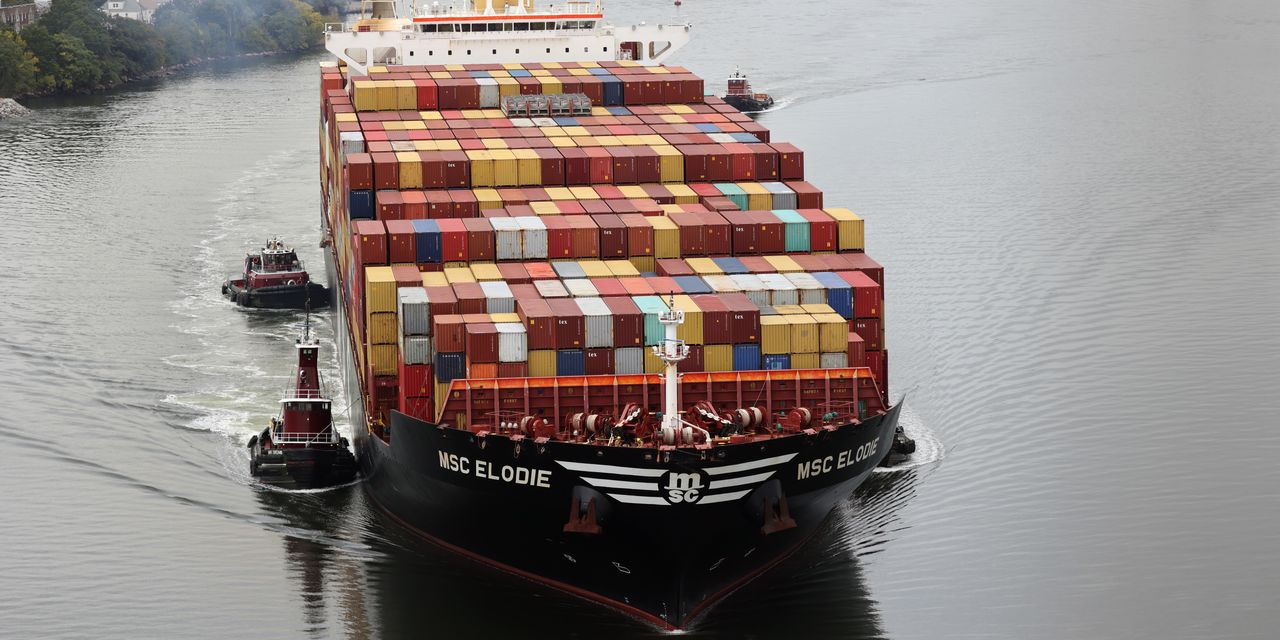“ ‘What do you do with an industry that makes more profit by providing worse service when barriers to entry are very high? ”
The Biden administration continues to focus on monopoly power as one driver of higher prices and is now taking a closer look at the railroad and ocean-carrier industries as sources of recent inflation, a top aide said Wednesday.
Tim Wu, special assistant to President Joe Biden for technology and competition policy, pointed to these two industries as examples of market concentration leading to higher prices and worse service during a speech to the Brookings Institution in Washington.
Wu called the railroad
IYT,
and shipping industries
BOAT,
“bedrocks” upon which the rest of the economy relies to move goods around the country and even the world, and argued a lack of competition in these markets can lead to widespread price increases.
Farmers and manufacturers “are unable to function efficiently when they can’t predict when the railroad is going to show up, or when the pricing a contractor had for shipping is just violated,” Wu said.
“So here’s the dilemma we face: What do you do with an industry that makes more profit by providing worse service when barriers to entry are very high?”
In July, Biden signed the Shipping Reform Act, which gave the Federal Maritime Commission more power to regulate price increases and bars international ocean carriers from discriminating against American cargo.
See: Biden signs bipartisan ocean shipping bill into law, saying it will ‘help bring down inflation’
The Biden administration also worked to broker a deal between rail companies and unions to avoid a potentially inflation-stoking work stoppage, though Wu said more may need to be done.
“If you look at the last 100 years of history, we’ve experimented with various forms of solving this,” Wu said. “One is to nationalize industry, another is to regulate it it like a natural monopolist and in the last 40 years we’ve been experimenting in the opposite direction” by deregulating many industries.
“Yet we keep coming back to the same problems.”

